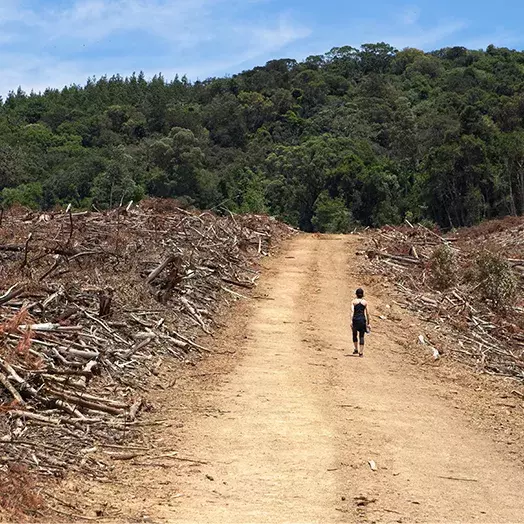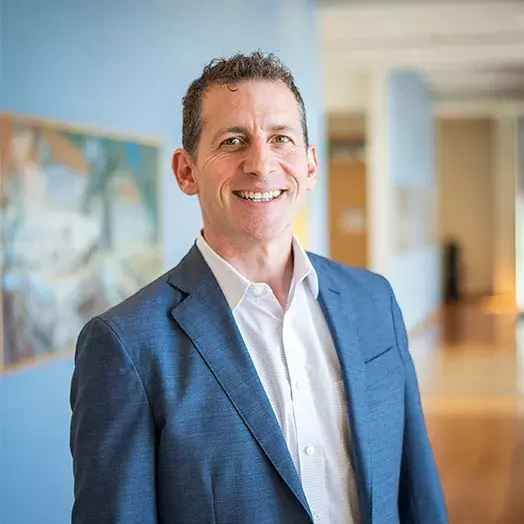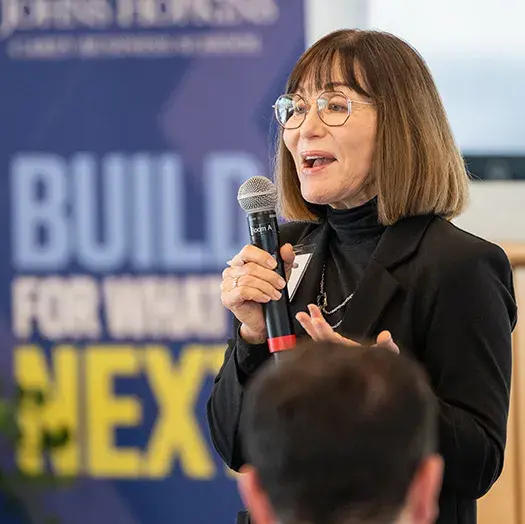Bloomberg Distinguished Professor Paul Ferraro is co-editor and contributing writer of a special journal edition examining how communities might better manage their natural resources, and how researchers might produce more accurate research on the topic.

Research: Community Involvement in Natural Resource Management Leads to Less Overexploitation
Article Highlights
- When communities are encouraged to become involved in the managing of local environmental resources, the repercussions are positive, new research shows.
- The accountability of local leaders to the citizenry increases.
- Also, the overexploitation of “common pool” natural decreases.
- Ferraro joined in project by researchers from several leading universities from around the world.
When government or nonprofit organizations encourage a community’s involvement in the managing of local environmental resources, the accountability of local leaders to the citizenry increases and the overexploitation of “common pool” natural resources such as forests and water decreases, according to a Special Feature of Proceedings of the National Academy of Sciences.
“The Special Feature focuses on results from low- and middle-income regions of countries such as Costa Rica and Peru, where communities can’t depend on governments to meet all their significant needs. Still, the lessons can be applied generally across most societies,” says Johns Hopkins University Bloomberg Distinguished Professor Paul Ferraro, a co-editor and contributing writer of the Special Feature, titled “Sustaining the Commons: Advancing Understanding of Common Pool Resource Management.”
Common pool resources are those with a finite supply – such as a trout stream or a pasture – whose benefits to the public at large are reduced if individuals make unlimited use of them.
A key upshot of the Special Feature’s findings is that they could help policymakers make the best use of their limited budgets for reducing human pressures on the environment, Ferraro says.
“An understanding of how to cause desirable outcomes is a necessary condition for good policy,” he adds. “In policymaking, we waste a lot of resources pushing on levers that don’t change anything on the ground. The Special Feature focused on determining whether pushing on the community-monitoring lever could change conditions on the ground in a good way, and the results imply that it could.”
As an example of encouragement associated with positive change: A nonprofit in Costa Rica gave citizens in 80 drought-prone communities a cell phone app they could use to monitor local groundwater use. When the researchers compared groundwater use in these communities to other communities that were randomly assigned to a control group, the communities with monitoring had pumped less water from their aquifers.
Another important goal of the Special Feature was “to demonstrate how scientists can generate more credible and generalizable evidence to support communities and the governmental and non-governmental actors that aim to help communities,” says Ferraro.
What to Read Next

research
Cash Transfers to the Poor Linked to Ecological BenefitsTalking Point
“Good environmental policymaking depends on good science,” he explains. “The challenge, however, is that scientists face professional incentives that don’t necessarily lead to good science. The Special Feature discusses some of these incentives, such as professional rewards for impressive results, which reduce accuracy, and for being the first person to report on something, which reduces the incentive to repeat prior studies in new contexts and thus diminishes the ability to generalize what we know.
“The studies in the Special Feature were designed to align the public incentives for good science with the private professional incentives of scientists. This was achieved in two ways; first, by encouraging the scientists to pose the same research question that was guided by the same theory and answered using the same methodology but was implemented in very different contexts – which enhanced generalizability; and second, by constraining what the scientists could do before and after they saw their results – which enhanced accuracy.”
WATCH: 8 Habits of Highly Effective Communities
In addition to three articles co-authored by Ferraro, “Sustaining the Commons” features ten articles co-written by researchers in political science, economics, and environmental sciences from institutions including the University of Michigan, Cornell University, New York University, UCLA, UC-Santa Barbara, University of Exeter, Wageningen University, and Nanjing University.
“Understanding how we can make institutions and governance more effective is essential for successfully addressing the most important policy challenges of the 21st century,” says Ferraro. “The set of studies in this Special Feature is an exemplar of how such an understanding can be more effectively generated by partnerships between scientists and practitioners operating in synchrony across a wide range of conditions and using the very best scientific practices.”


